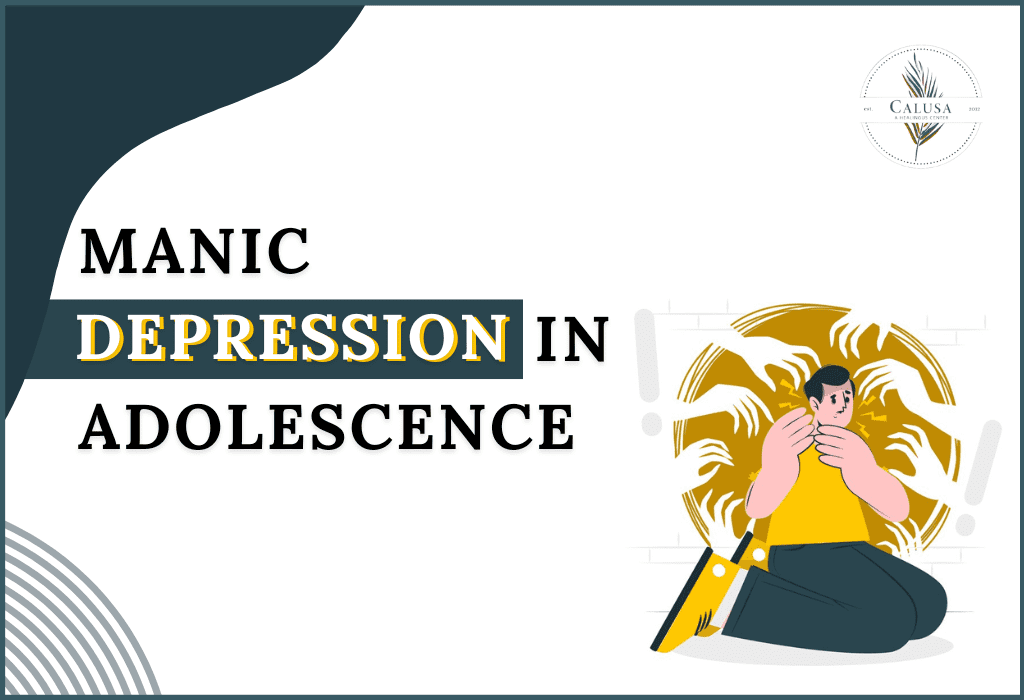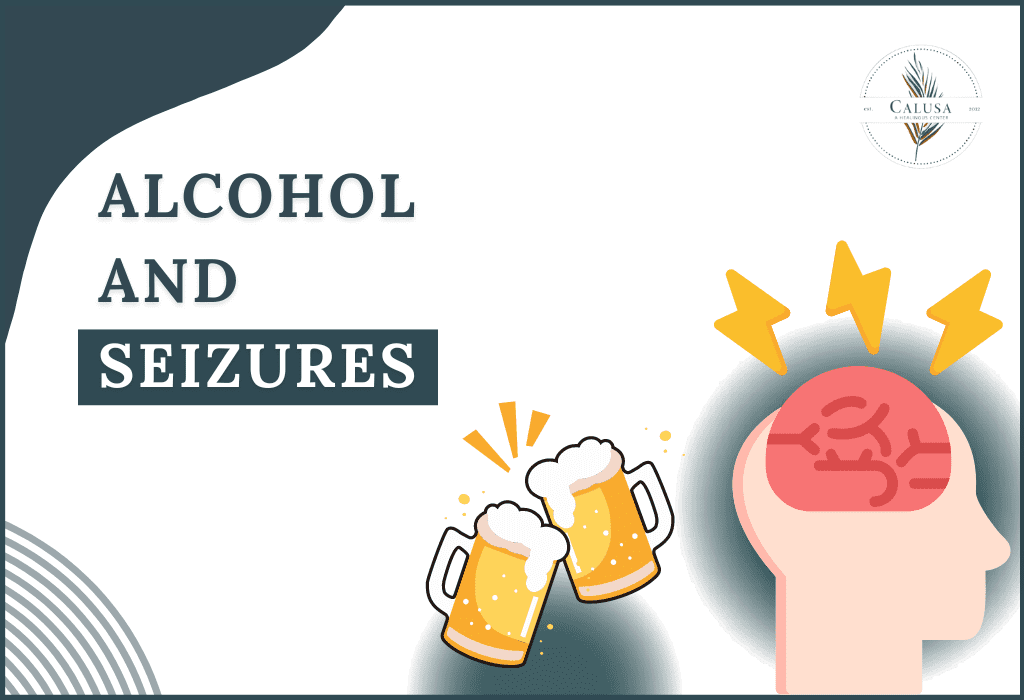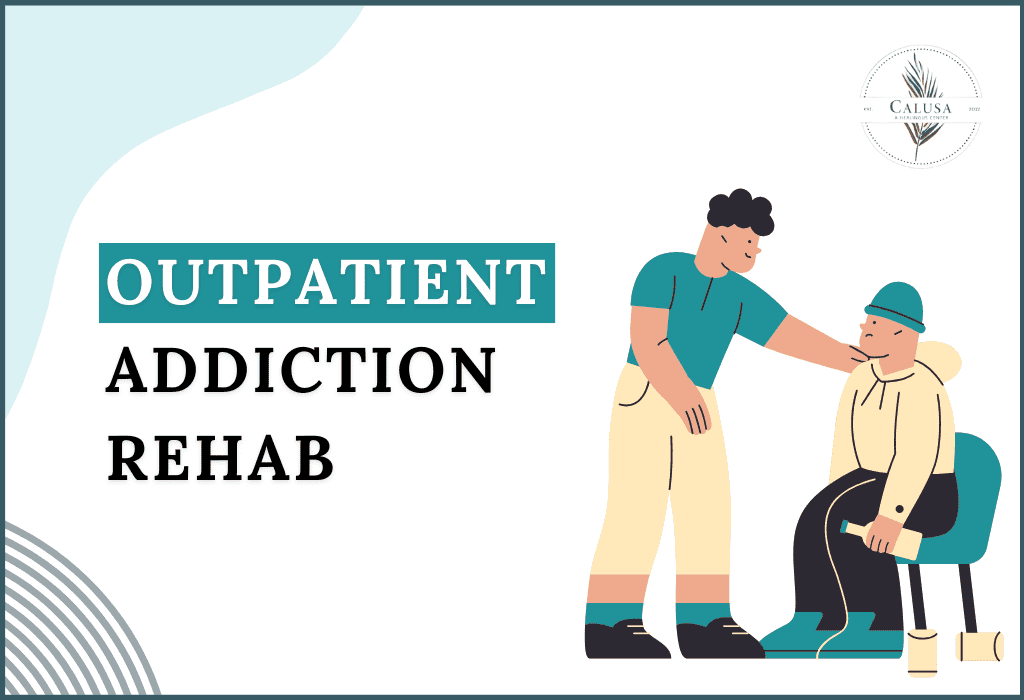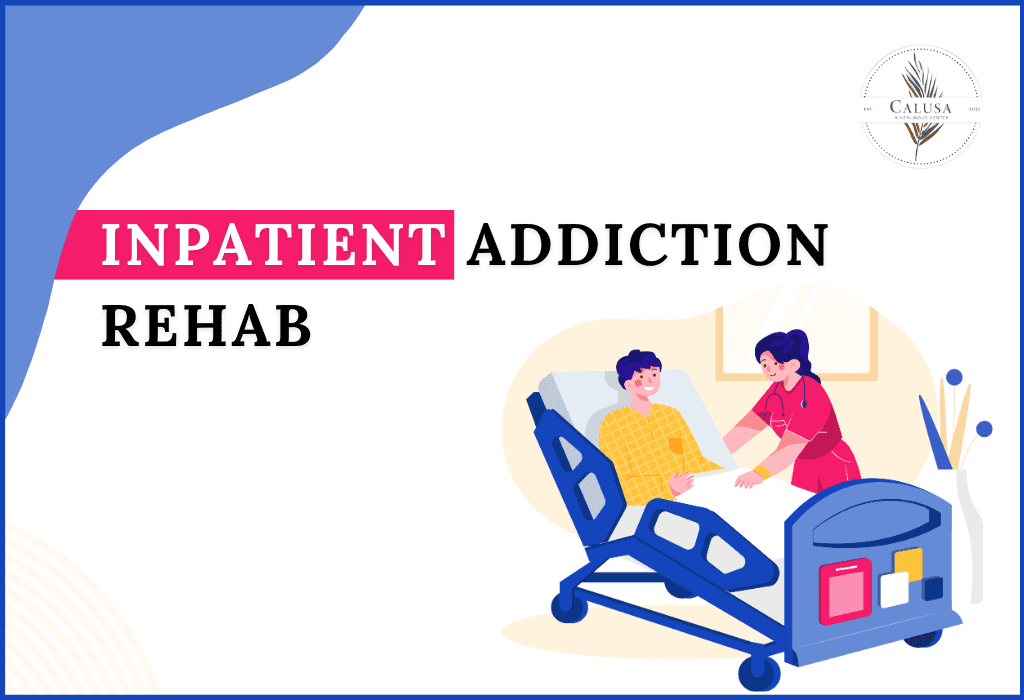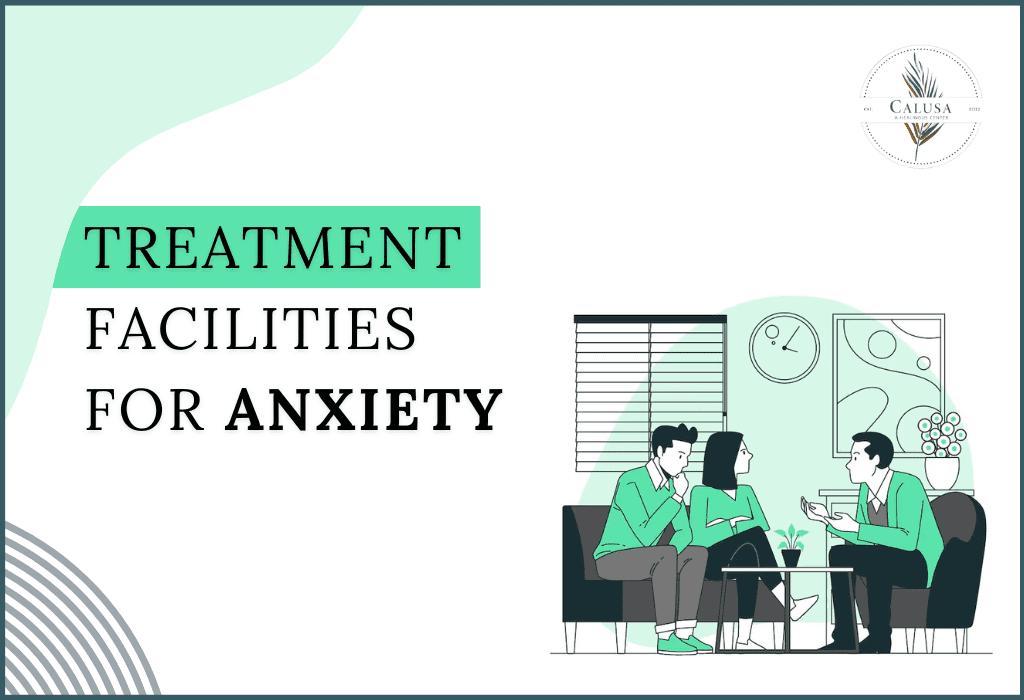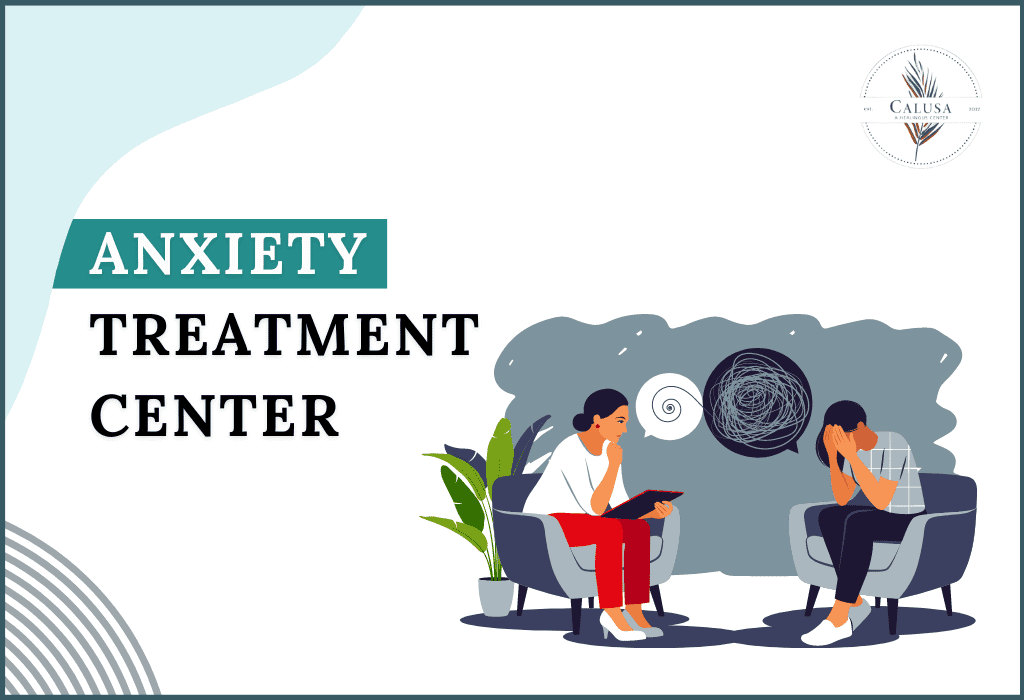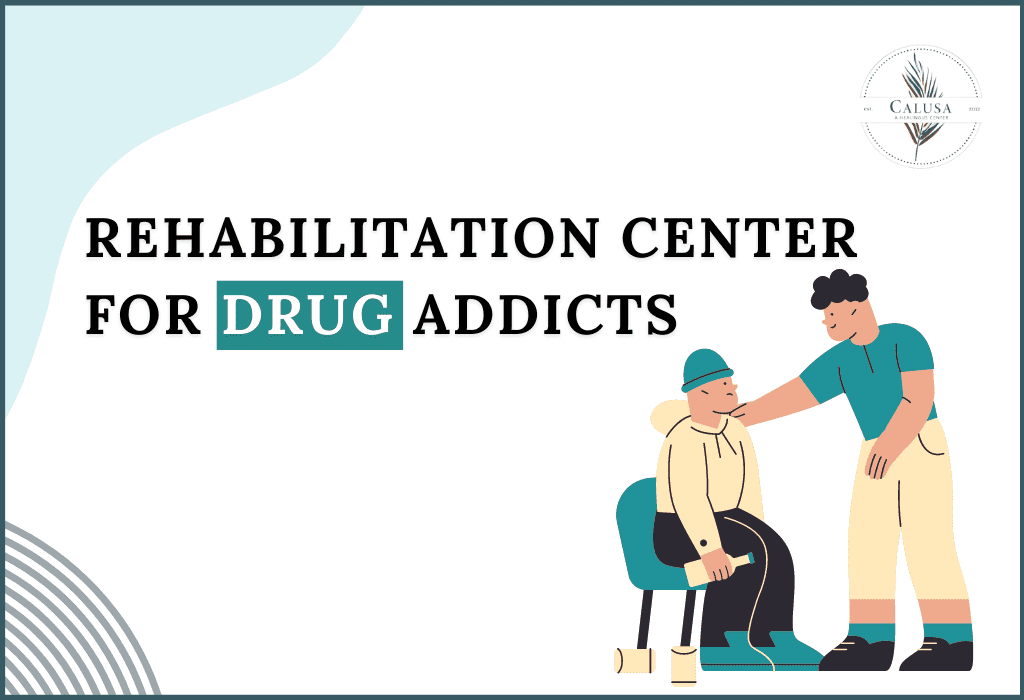It was found in a 2017 meta-analysis of 547 patients that mindfulness-based interventions like mindfulness-based cognitive therapy techniques decrease the symptoms of depression and anxiety by 30-60%. This is additional to the overall level of patient stress. Discovering the art of mindfulness-based cognitive therapy techniques is an excellent way to promote resilience and prevent relapse in depression and anxiety. With the help of this technique, you can achieve a better understanding of your thoughts and feelings and develop a more positive outlook towards life. So, let’s dive deep into mindfulness-based cognitive therapy (MBCT) and explore what it is.
What are Mindfulness-based Cognitive Therapy Techniques?
Mindfulness-based cognitive therapy techniques are one of the psychotherapies combining cognitive behavioral therapy (CBT), mindfulness-based stress reduction (MBSR), and practices like meditation. It helps you develop a non-judgemental attitude toward yourself. The core of mindfulness-based cognitive therapy techniques is to get to know the different ways of thinking that often cause and contribute to mood disorders and at the same time, learn how to establish a new connection with them.
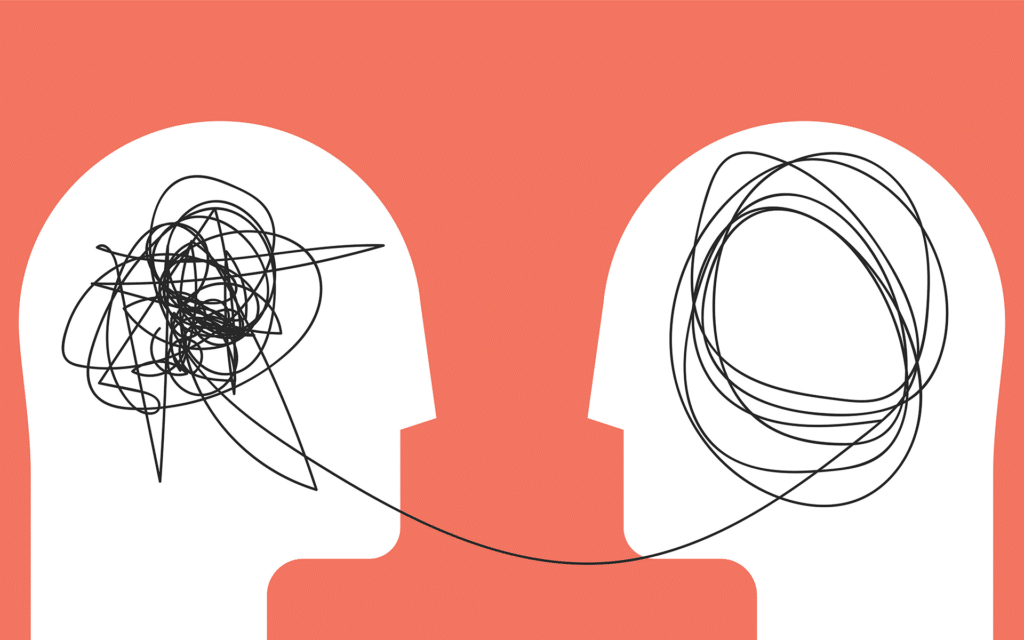
What is Mindfulness?
According to Dr. Jon Kabat-Zinn, “Mindfulness means paying attention in a particular way; on purpose, in the present moment, and nonjudgmentally.”
Practicing mindfulness involves being fully present and attentive in any activity that one carries out. The term “mindfulness” originated from the Sanskrit word “Smṛti,” which means “that which is remembered.” Mindfulness can be viewed as the act of remembering to focus on our present moment experience. Its three main purposes include:
- Purpose: Mindfulness involves intention and purpose. This helps you direct your attention rather than letting it wander.
- Presence: Mindfulness is all about “being in the moment” and being attentive to the present moment. Thoughts about the past and future that arise are recognized simply as thoughts occurring in the present.
- Acceptance: Mindfulness involves being nonjudgmental toward sensations, thoughts, or emotions— they are simply acknowledged as they happen and observed until they fade away. Any action to “fix” these don’t fall under mindfulness.

What Is Cognitive Behavioral Therapy?
CBT is a type of psychotherapy that is structured and goal-oriented. It is a combination of cognitive therapy and behavior therapy. It treats a wide range of problems from disorders like anxiety disorders, depression, eating disorders, and marital problems, to drug and alcohol addiction, and severe mental illness. CBT helps you in the identification of the negative aspects that may be a part of your perspective towards life. It achieves this via the recognition of negative thoughts or any, possibly, harmful behavior.
According to the American Psychological Association (APA), three core principles underlie CBT.
- Psychological problems are partially because of faulty or unhelpful thoughts.
- Psychological problems are partially because of unhelpful behavior.
- People with psychological problems can learn to cope with them thereby improving the efficacy of their lives.
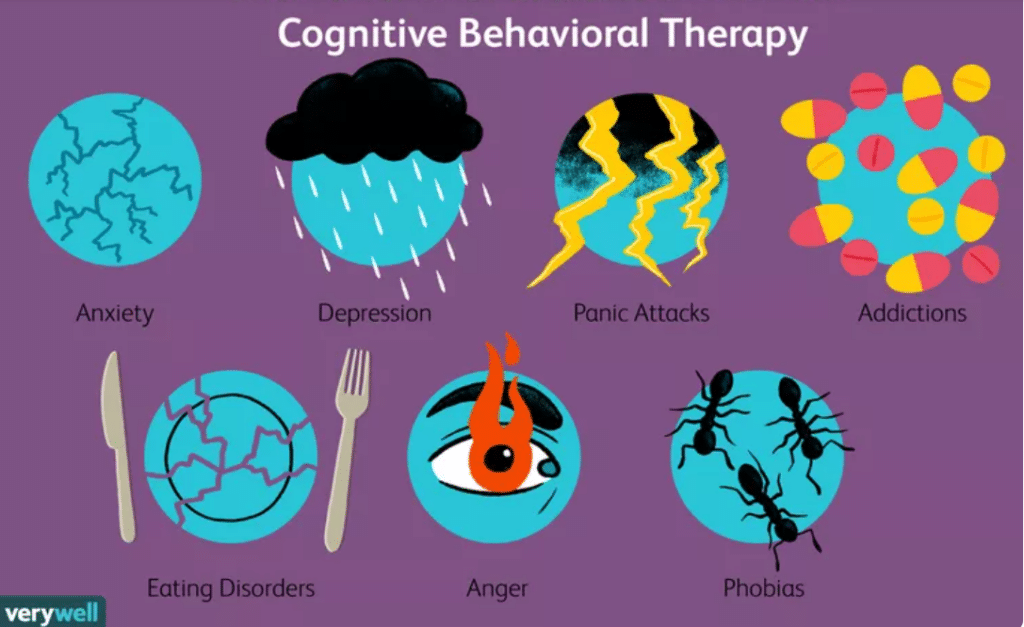
MBCT vs. CBT vs. MBSR: What’s the Difference?
Mindfulness-based cognitive therapy techniques are a blend of the cognitive approach of CBT with the mindfulness approach of MBSR. It borrows heavily from both to create its own unique form of treatment. There are still some key differences between them
- Structure: Similar to MBSR, MBCT is also an eight-week group therapy program. Contrarily, CBT, which is an individual therapy, is not based on a specific timeline.
- Self-regulation: MBCT, with mindfulness at its core, helps clients learn how to self-regulate by being non-judgmental towards whatever they experience and feel. Although CBT can incorporate principles of mindfulness, it is not required.
- Pattern recognition: CBT focuses on helping clients recognize patterns of thought so they can challenge and change unhelpful beliefs. MBCT also emphasizes pattern recognition, specifically regarding negative patterns common among people with depression. The same is not true for MBSR.
Mindfulness-based Cognitive Therapy Techniques
Mindfulness-based cognitive therapy techniques encompass principles of cognitive restructuring, mindfulness meditation, and psychoeducation. These three teach people to consciously pay attention to their thoughts and feelings without being judgmental. This allows them to recognize and modify unhelpful thought patterns, increase self-compassion, and develop a more present-focused and accepting mindset.
The most common mindfulness techniques and exercises utilized for MBCT are:
Meditation: This includes techniques like breathing meditation, sitting meditation, body scan meditation, walking meditation, and yoga meditation. These techniques help you become aware of your body and the thoughts that arise in your mind at a given moment without being judgmental. The primary focus here is to focus on your breath and bring back your attention to it whenever it starts wandering. You can use either guided or self-practiced meditation.
Body scan exercise: You scan your body by lying down in a comfortable position. As the name suggests, you scan your body by shifting your attention to all the parts of your body starting either from your head or toes and moving down or up. While you do this, you may be asked by your observer about how you feel, what you become aware of, and what sensations you’re able to gauge in different parts of your body— without any judgments.
3-minute breathing space: 3-minute breathing space is one of the mindful-based cognitive therapy techniques that has the following three steps.
- Observation of your present mental and emotional state of mind.
- Focus on your breath.
- Attention to physical sensations you’re feeling in your body.
Yoga: MBCT can also encourage you to practice yoga by facilitating mindful stretching of your body.
Decentering: Decentering helps you move away from the meaning of a thought that’s occurring to you in a given moment and focus on its occurrence instead. In other words, the center focus is the thought that’s arising and not the meaning that it holds for you. Doing so allows you to simply observe your thoughts instead of assigning meaning to them.
Regular mindfulness: It is the incorporation of the principles of mindfulness, i.e., “being in the moment,” into your regular activities and habits. It can be carried out without necessarily doing mediation.
Benefits of Mindfulness-based Cognitive Therapy Techniques
Mindfulness-based cognitive therapy techniques teach you cognitive concepts like the association between your thoughts and feelings. Their benefits are:
- MBCT can help you break free from the spiral of negative thoughts and deal with depression, anxiety, and loneliness.
- People diagnosed with depression often find themselves trapped in a spiral of thoughts. It takes a single mistake or a negative feeling that leads to catastrophe. Since mindfulness-based cognitive therapy techniques use methods like mindfulness meditation and CBT, they teach people to ground themselves by breaking the spiral of these thoughts with no judgments.
- MBCT helps you become more aware of the occurrence of any thoughts, feelings, or sensations. This is especially helpful for people who have depression.
- Mindfulness-based cognitive therapy techniques are effective for self-regulation. They help you recognize and reassess your patterns of unhealthy thoughts and replace them with more positive thoughts that are more realistic.
- MBCT helps you stay in your present without indulging much in your past or future.
What does MBCT treat?
MBCT was originally introduced to help people who have recurring episodes of depression. It has also shown promising results in the treatment of the following disorders.
- Anxiety disorders like General Anxiety Disorder (GAD)
- Traumatic brain injury
- Obsessive Compulsive Disorder (OCD)
- Eating disorders
- Bipolar disorder
- Low mood
- Addictions
Are Mindfulness-based Cognitive Therapy Techniques an Evidence-Based Treatment?
Studies have shown that MBCT effectively treats depression including active depression, treatment-resistant depression, recurrent depression; and other mental illnesses.
FAQs
1. Does mindfulness fall under cognitive techniques?
Interventions based on mindfulness and acceptance include therapies— DBT, ACT, MBSR, and MBCT. These therapies are examples of the “third wave” of CBT.
2. How does mindfulness help in cognitive development?
Mindfulness enhances the focus on your thoughts or feelings occurring to you from moment to moment in a cognitively nonelaborative, and emotionally non-reactive way.
3. What principles underlie mindfulness-based cognitive techniques?
The underlying principles are nonjudgment, patience, trust, open-mindedness, acceptance, and embracement. MBCT clubs these principles into cognitive behavioral therapy to formulate an approach that is especially effective for people struggling with depression.
4. What are the five mindful components?
Observation, description, action and awareness, no judgment, and no reaction are the five mindful components.
5. What are the three mindfulness C’s?
Curiosity, compassion, and calm center are the three mindfulness C’s.
Conclusion
Originally introduced to treat depression and depressive symptoms, MBCT has now evolved as a therapeutic method for helping people with other mental illnesses. MBCT can be used to enhance your everyday life by focusing on the present. Learning new skills and seeing your mind as your friend can provide you with the tools to navigate life in a more fulfilling way. By embracing growth and seeking out opportunities to learn, you can create a pathway to success and personal satisfaction. As you acquire new knowledge and skills, you may find new doors opening and new possibilities emerging. By cultivating a positive relationship with your own mind, you can develop greater self-awareness and emotional intelligence, which can help you navigate challenges and build stronger relationships with others.
Calusa Recovery has their top-rated rehab facility in Florida and it has a group of professionals that address all your mental health needs. We provide an open opportunity to our clients where they can participate in dynamic and innovative group counseling 3 to 5 days per week, depending on their schedule. We offer tailored programs and treatment solutions that are personalized according to the patient’s immediate requirements.


